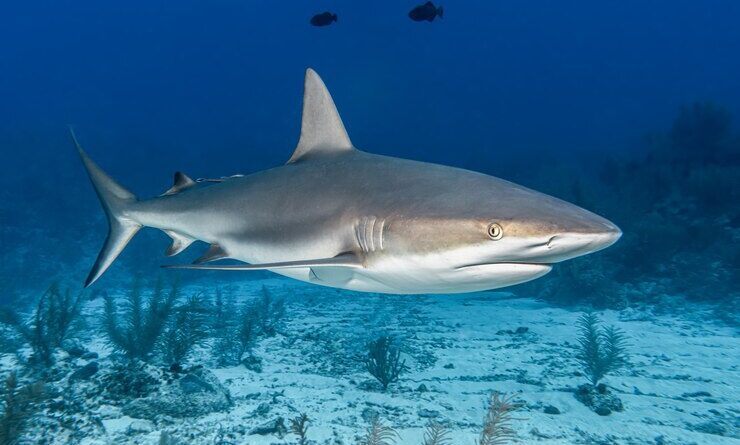How Long Do Sharks Live?
Overview
How long do sharks live? Sharks, as the top marine predators, have always piqued the public’s attention. These amazing animals are diverse in size and form, with each one being tailored to its habitat. “How long do sharks live?” is one of the unanswered issues that both scientists and marine enthusiasts have. We shall examine the fascinating lifetime of sharks in this post, exploring the elements that affect it and clearing up some myths along the way.
Variation among Shark Species
How long do sharks live? Before discussing the intricacies of shark lifespans, it is imperative to pause momentarily and acknowledge the remarkable variety that exists among the shark family. Sharks, which number over 500 species, inhabit an extensive range of environments, from open oceans to coastal regions. Thus, considerable variation in lifespan can occur among species, habitats, sizes, and environmental factors.
Shark Lifespan-Relating Factors
1. Species Divergence
How long do sharks live? The life expectancies of sharks change impressively, spreading from a couple of years for explicit species to a very long time for other people. Certain types of Greenland sharks have figured out how to persevere for north of four centuries, which stretches out to the longest known life expectancy of any vertebrate. On the other hand, the greatest life expectancy of a short-blade mako shark is roughly eleven years.
2. Size Is Important
How long do sharks live? Larger shark species have an average lifespan in comparison to their lesser counterparts. A positive correlation has been observed between size and longevity; the whale shark, which is the largest animal on the planet, can live for as long as 70 years. Smaller sharks, including spiny dogfish, possess a reduced life expectancy.
3. Environmental and Habitat Conditions
How long do sharks live? The habitat that a shark lives in is very important to its life cycle. Longer lifespans have been seen in species that live in stable settings with plenty of food sources and few predators. On the other hand, sharks may have shorter lives in more difficult situations when there are issues like overfishing and habitat deterioration.
Typical Myths
1. The Sharks’ Eternity
To a great extent because of the disclosure of the long-living Greenland shark, the possibility that sharks are everlasting has continued for a long time. Regardless of whether certain species like the Greenland shark depicted before have momentous life expectancies, it’s critical to comprehend that they are not unkillable. They simply have a wonderful limit about perseverance over delayed terms.
2. Continuous Expansion
The idea that sharks develop constantly throughout their lifetimes is another myth. In actuality, the majority of sharks show indeterminate development, which means that as they get older, their growth slows down.
Final Thoughts
In Conclusion How long do sharks live? Because of their amazing prevalence in the world’s waters and their variety of adaptations, sharks never cease to astonish us. The great variety among the shark species makes it difficult to understand how long they live. We learn important lessons about the fragile balance that keeps these top predators alive in the marine environment as scientists work to better understand how long sharks live. Understanding the special traits and vulnerabilities of sharks is crucial to promoting conservation initiatives that will guarantee the survival of these amazing animals.
FAQs about How Long Do Sharks Live?
How much time do sharks usually live?
The lifespans of sharks vary greatly throughout species. While bigger species may survive for many decades, some smaller species may only live a few years.
How long does a shark typically live?
Shark lifespans range from 20 to 30 years on average; however, they may vary greatly amongst shark species.
Is there an age restriction for sharks?
Sharks don’t have a set maximum age, although as they get older, most species see a deterioration in their health and ability to reproduce.
How do sharks’ lifespans in captivity differ?
Because of things like restricted space, stress, and food, sharks kept in captivity may have shorter lives than their wild counterparts. Certain animals may not do well under confinement.
How do shark lifespans relate to environmental conservation?
Initiatives for conservation like setting up marine protected zones and enforcing fishing laws significantly increase shark populations and, consequently, shark lifespans.
Can environmental hazards impact a shark’s typical lifespan?
Indeed, overfishing, pollution, and climate change may negatively impact shark populations and perhaps shorten their average lifetime.



Leave a Reply